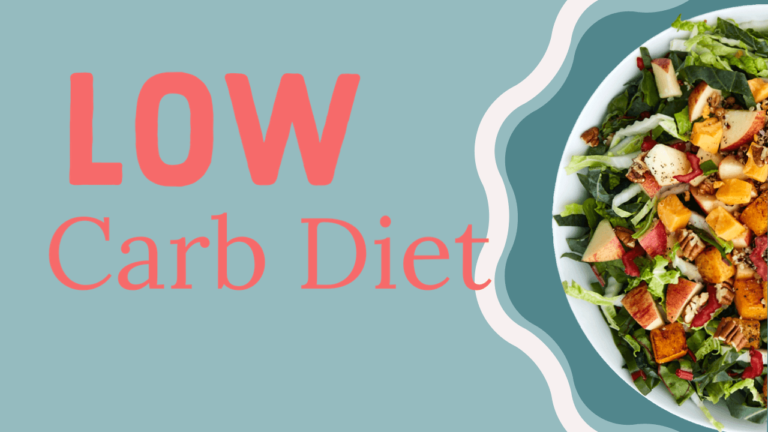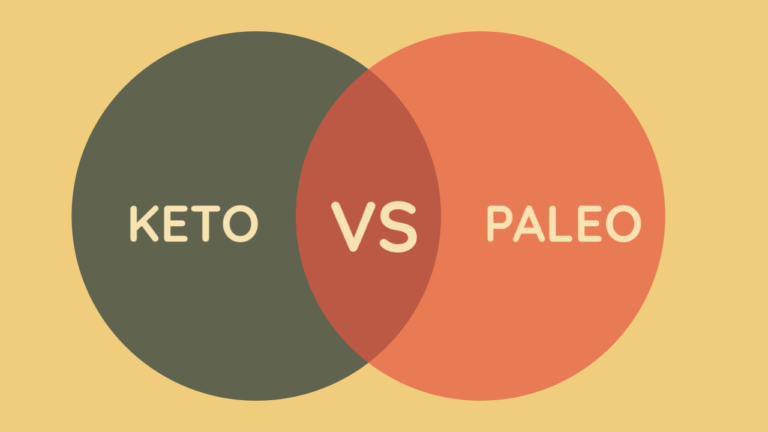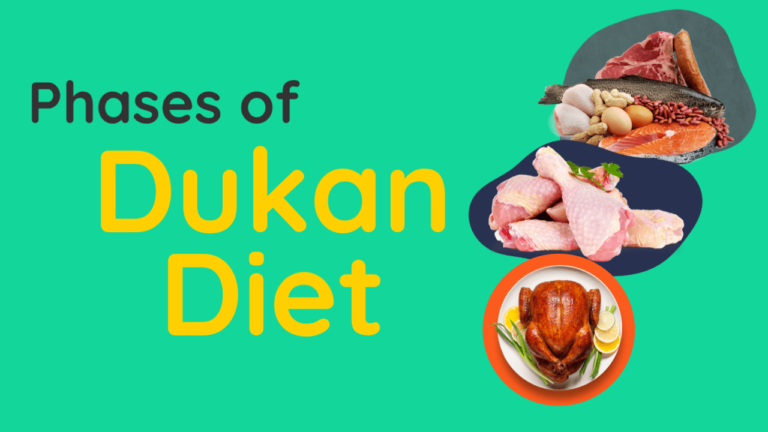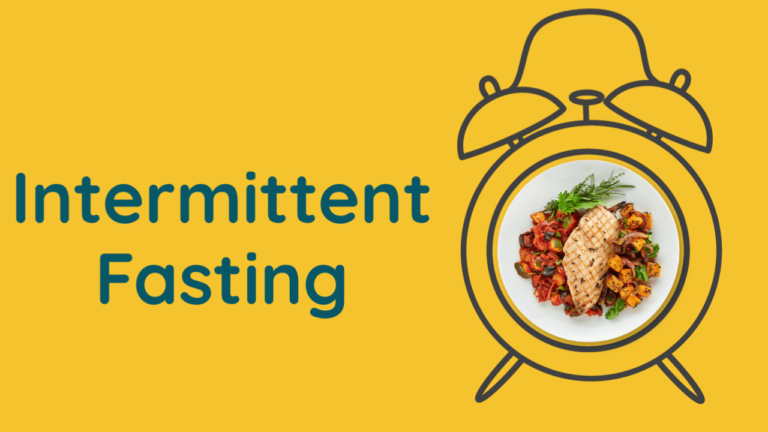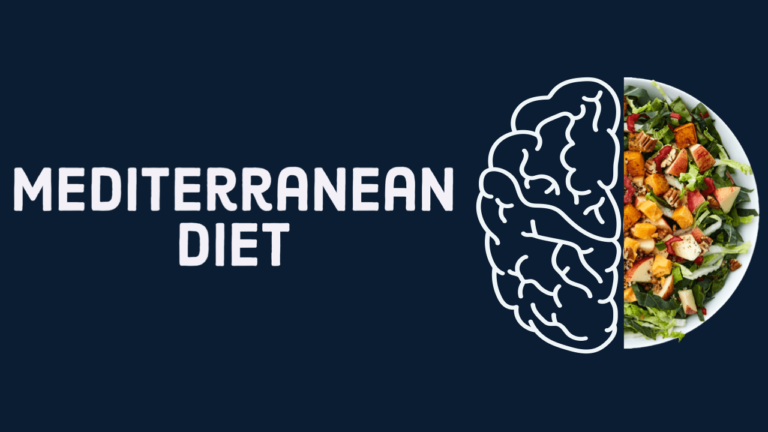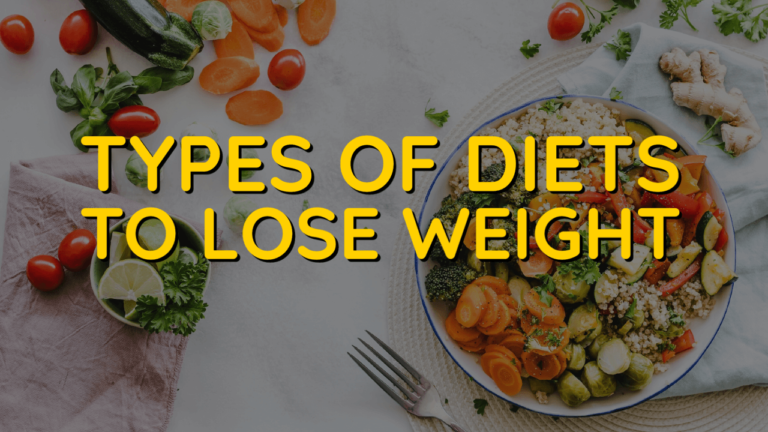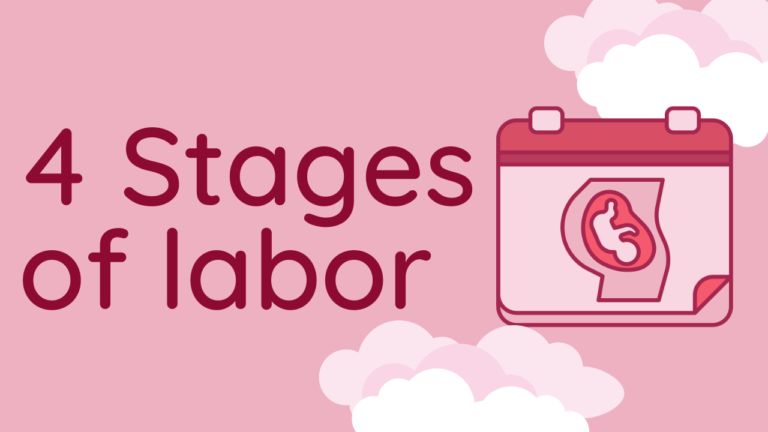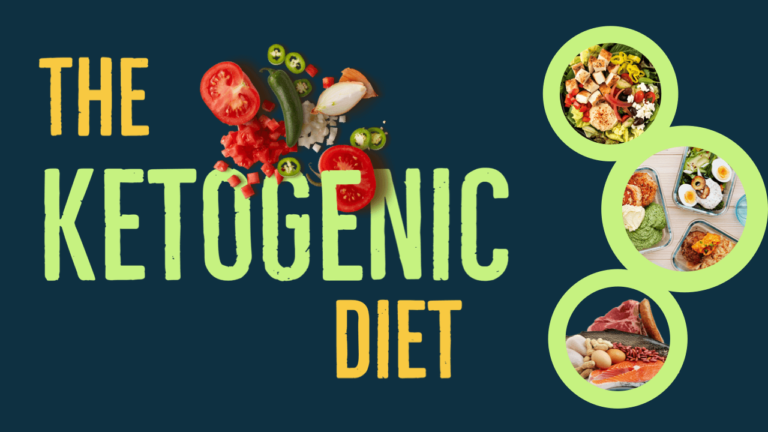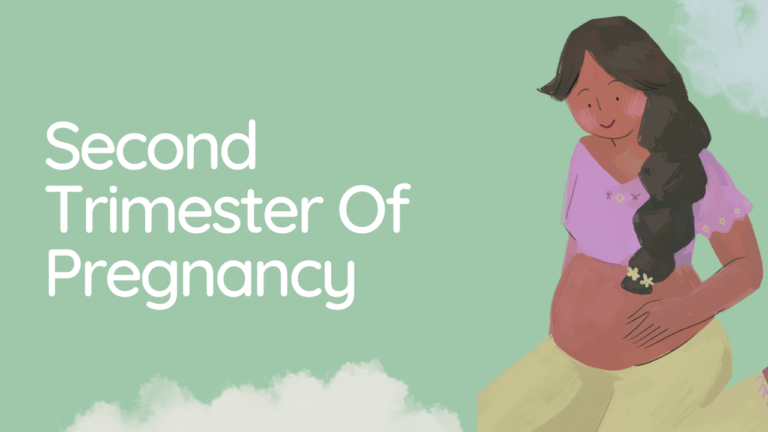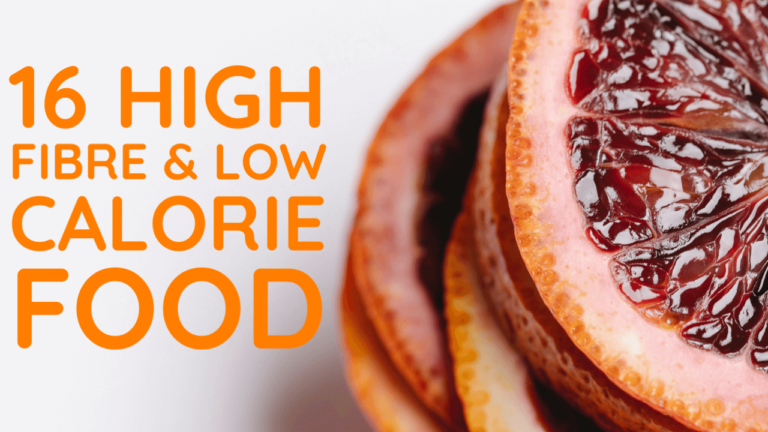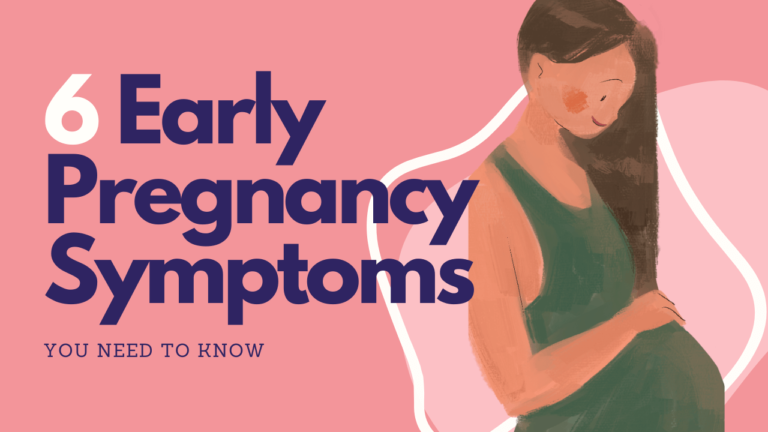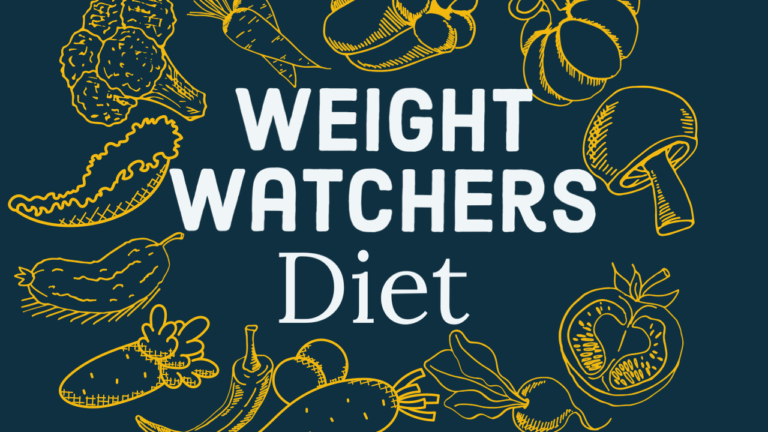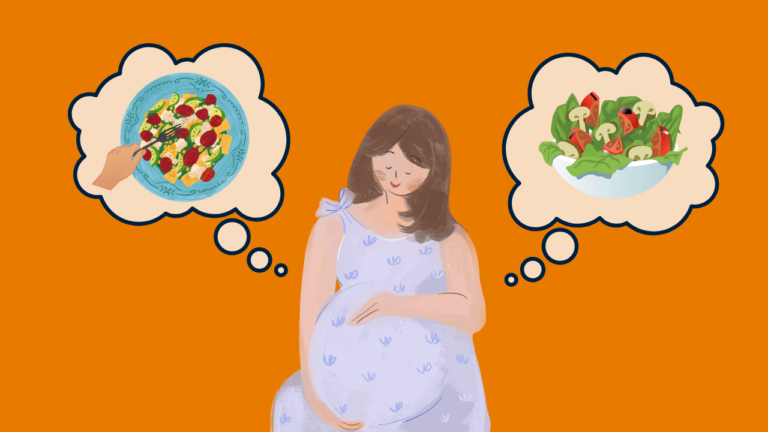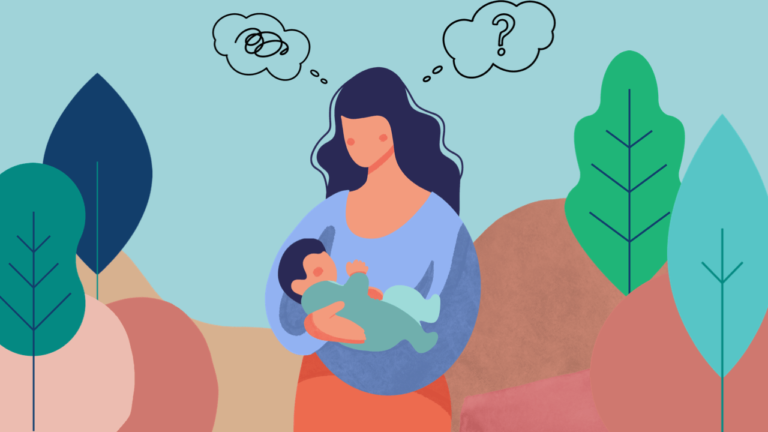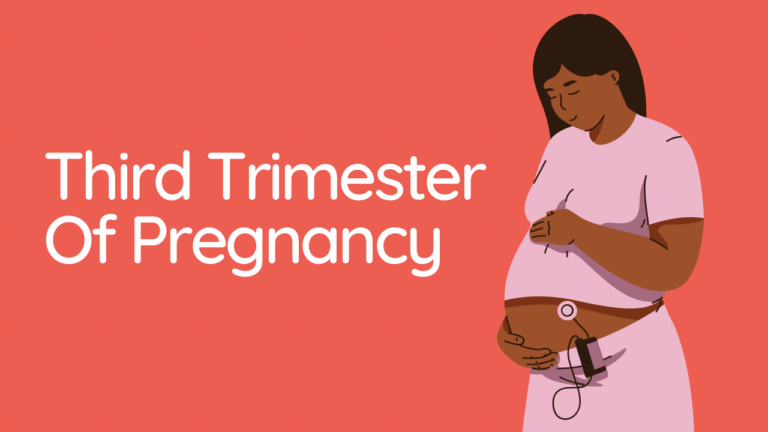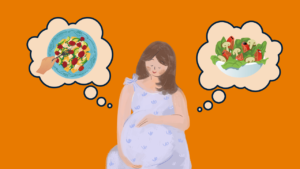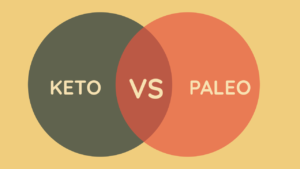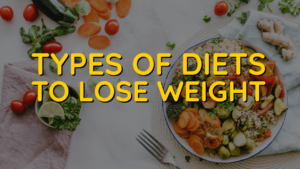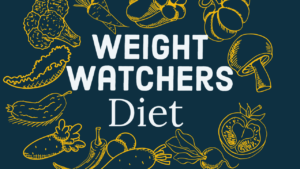The first trimester of pregnancy is an exciting and transformative time for expectant mothers. During this period, your body undergoes numerous changes as it prepares for the growth and development of your baby. In this comprehensive guide, we’ll take you through everything you need to know about the first trimester of pregnancy, from conception to the 12th week.
Understanding the First Trimester
The first trimester of pregnancy is a crucial period , as the baby’s organs and systems begin to develop. During this time, expectant mothers may experience a range of physical and emotional changes, including nausea, fatigue, mood swings, and tender breasts.
Physical Changes In The First Trimester
The first trimester is marked by significant changes in the body, as the embryo develops into a fetus. At this stage, the uterus expands, and hormonal changes occur, which can cause nausea, fatigue, and tender breasts.
Common Symptoms During the First Trimester
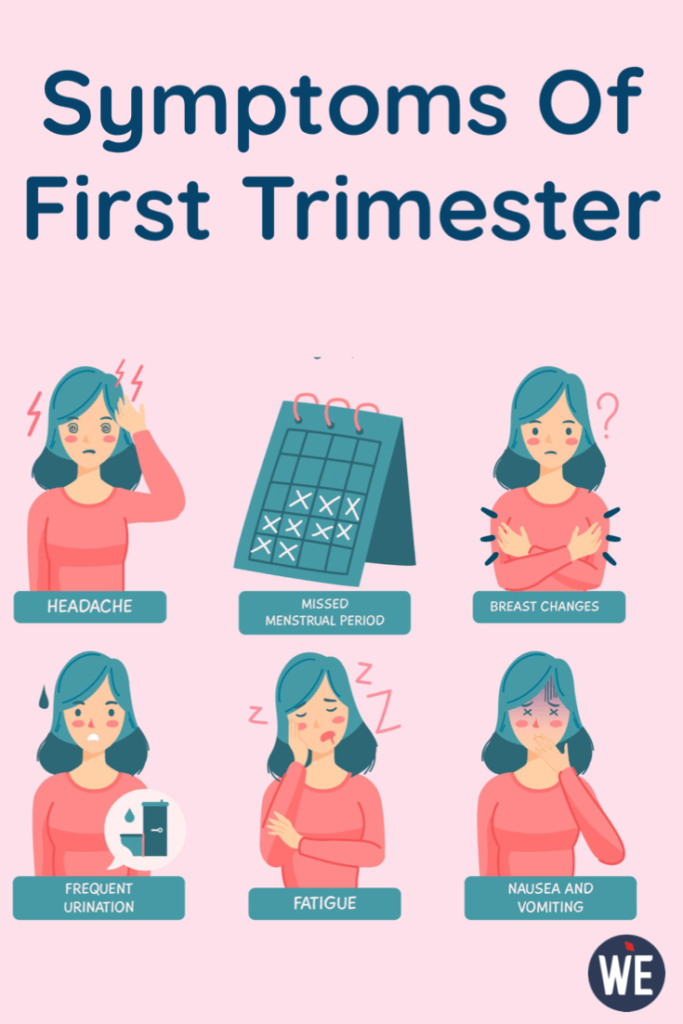
In first month of pregnancy symptoms, it’s important to note that every woman’s experience during the first trimester of pregnancy can be different, and some women may not experience all of these symptoms. Some symptoms may be more severe than others. One of the common symptom is headaches during first trimester of pregnancy and some other includes:
- Fatigue
- Nausea and vomiting
- Mood swings
- Tender breasts
- Frequent urination
- Food aversions
- Constipation
- Dizziness
- Cravings
- Heightened sense of smell
- Bloating
- Heartburn
Also Read: Symptoms of early pregnancy.
Prenatal Care During the First Trimester
It’s important to consider the following precautions in the first trimester of pregnancy:
- Schedule your first prenatal care appointment as soon as possible after confirming your pregnancy.
- At your first appointment, your healthcare provider will likely perform a physical exam, take a medical history, and recommend blood tests and an ultrasound.
- It’s important to continue attending regular prenatal appointments throughout your pregnancy to monitor your health and the health of your growing fetus.
- Your healthcare provider may recommend taking prenatal vitamins to support your growing baby’s development.
- It’s important to make dietary changes to ensure you are getting the nutrients you and your baby need.
- Discuss any medications you are currently taking with your healthcare provider, as some may not be safe during pregnancy.
- Your healthcare provider may recommend certain lifestyle changes, such as avoiding alcohol and tobacco, to support a healthy pregnancy.
- It’s important to ask your healthcare provider any questions you have about your pregnancy, symptoms, and prenatal care.
Also Read: New mom advices.
Other Considerations During the First Trimester
During the first trimester of pregnancy, it is important to avoid certain foods and substances that can be harmful to your baby. These include:
- Alcohol: Drinking alcohol during pregnancy can increase the risk of birth defects and developmental disabilities.
- Tobacco: Smoking cigarettes or being exposed to secondhand smoke can harm your baby’s development and increase the risk of complications during pregnancy.
- Caffeine: Consuming large amounts of caffeine can increase the risk of miscarriage and low birth weight. It’s recommended to limit caffeine intake to 200 mg per day, which is equivalent to one 12-ounce cup of coffee.
- Raw or undercooked meats: These foods can be contaminated with harmful bacteria, such as salmonella or listeria, which can cause food poisoning and harm your baby.
- Some types of fish: such as shark, swordfish, king mackerel, and tilefish, contain high levels of mercury, which can harm your baby’s developing brain and nervous system.
- Raw or undercooked eggs: These foods can be contaminated with salmonella, which can cause food poisoning and harm your baby.
- Unpasteurized dairy products: These products can be contaminated with harmful bacteria, such as listeria, which can cause food poisoning and harm your baby.
By avoiding these foods and substances and following a balanced and healthy diet, you can help ensure the healthy growth and development of your baby during the first trimester and throughout your pregnancy.
Conclusion
The first trimester of pregnancy can be an exciting and challenging time for expectant mothers. By understanding what to expect and taking proactive steps to care for their health and their growing fetus, expectant mothers can ensure a healthy and happy pregnancy.
FAQs:
What to avoid on the first trimester?
During the first trimester of pregnancy, it is important to avoid certain foods and substances that can be harmful to your baby. These include:
Alcohol
Tobacco
Caffeine
Raw or undercooked meats
Raw or undercooked eggs
Unpasteurized dairy products
By avoiding these foods and substances and following a balanced and healthy diet, you can help ensure the healthy growth and development of your baby during the first trimester and throughout your pregnancy.
How do you feel in the first trimester of pregnancy?
During the first trimester of pregnancy, many women experience a range of physical and emotional changes. Some common symptoms include:
· Nausea and vomiting,
· Fatigue,
· Breast tenderness,
· Frequent urination,
· Mood swings,
· Food cravings or aversions
· Headaches.
It’s important to remember that every pregnancy is different, and not all women experience these symptoms. If you have any concerns or questions about your pregnancy symptoms, it’s always best to consult with your healthcare provider.
What are 3 things that happen during the 1st trimester?
During the first trimester of pregnancy, there are many changes that occur in a woman’s body as the embryo develops. Here are three important things that happen during the first trimester:
1. Fertilization and implantation: During the first few weeks of the first trimester, the egg is fertilized by sperm and travels down the fallopian tube to the uterus, where it implants in the lining of the uterus.
2. Organ development: During the first trimester, the embryo goes through a period of rapid development, with major organs and structures beginning to form. This includes the heart, lungs, brain, and digestive system.
3. Hormonal changes: The first trimester is marked by significant hormonal changes, as the body adjusts to support the developing embryo. The hormone human chorionic gonadotropin (hCG) is produced by the developing placenta and is responsible for many of the symptoms of early pregnancy, such as nausea, fatigue, and breast tenderness.
These are just a few examples of the many changes that occur during the first trimester of pregnancy. It’s important to get regular prenatal care and follow a healthy lifestyle to support the healthy growth and development of the embryo.
How long is 1st trimester of pregnancy?
The first trimester of pregnancy typically lasts for about 12 weeks, or the first three months of pregnancy. The exact length of the first trimester can vary depending on when the woman ovulates and when fertilization occurs. In general, doctors estimate the due date by counting 40 weeks from the first day of the woman’s last menstrual period, which includes the first two weeks of pregnancy when the woman is not actually pregnant yet. Therefore, the first trimester typically includes weeks 1-12 of pregnancy, with the second trimester beginning at week 13.
What fruit is not good for pregnancy?
Here are some other fruits that pregnant women may want to avoid or limit due to their potential to cause harm to the developing fetus:
·Pineapple: Pineapple contains bromelain, an enzyme that can soften the cervix and potentially lead to preterm labor or miscarriage. However, eating moderate amounts of ripe pineapple is generally considered safe during pregnancy.
·Grapes: Grapes are generally safe to eat during pregnancy, but some studies have suggested that excessive consumption of grapes or grape products may increase the risk of preterm labor.
·Papaya: Papaya contains papain, an enzyme that may cause contractions of the uterus and potentially lead to a miscarriage or preterm labor.
·Unwashed fruits: It’s important to wash all fruits and vegetables thoroughly before eating them during pregnancy to remove any potential bacteria or parasites that could cause illness or harm to the developing fetus.
·Fruit juices with added sugar: Some fruit juices may contain added sugar or artificial sweeteners, which should be avoided during pregnancy due to their potential to cause gestational diabetes or other health issues.
Again, it’s important to consult with your healthcare provider about which foods to include or avoid during pregnancy to ensure the health and safety of both the mother and the developing fetus.
Why is first trimester so hard?
The first trimester of pregnancy can be difficult due to physical and emotional changes such as morning sickness, fatigue, mood swings, physical changes, and anxiety.
What are the most critical weeks of pregnancy?
The most critical weeks of pregnancy are typically the first trimester, especially the first eight weeks, when the major organs and structures of the developing fetus are forming.
What are the most critical weeks of pregnancy?
The most critical weeks of pregnancy are typically the first trimester, especially the first eight weeks, when the major organs and structures of the developing fetus are forming. During this time, exposure to certain toxins or infections can potentially cause serious birth defects or other complications.
It’s important for women to receive prenatal care and follow healthy habits during this time to support the health and development of their growing fetus.



